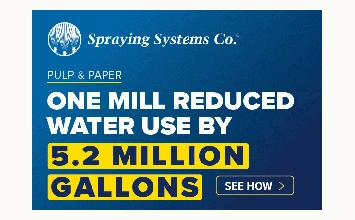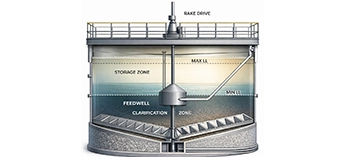The latest European Commission proposal for the EU Deforestation-free Product Regulation (EUDR) has drawn sharp criticism across North America, where forest industry associations warn it threatens trade commitments and transatlantic relations.
Canada Disappointed by Lack of Simplification
The Forest Products Association of Canada (FPAC) expressed disappointment with the EU proposal, calling it insufficient to address the practical challenges faced by the industry.
FPAC President and CEO Derek Nighbor criticized two key elements:
- The EU’s Information Technology (IT) system, which remains “not fit for purpose,” posing serious risks to product traceability and compliance;
- The absence of solutions for small and medium-sized enterprises (SMEs) that are part of larger supply chains.
Nighbor urged the EU to simplify the regulation and to formally recognize the “low-risk” status of countries like Canada, which would streamline traceability requirements and align with the EU–Canada strategic partnership signed in June 2025.
He also called on the Canadian government to engage quickly with EU counterparts to secure a more practical and balanced approach.
U.S. Denounces ‘U-Turn’ and Trade Barrier
In Washington, the American Forest & Paper Association (AF&PA) reacted strongly. President and CEO Heidi Brock described the Commission’s announcement as a “U-turn” that undermines transatlantic trade.
Although the EU had previously recognized the United States as a negligible-risk country for deforestation, the new proposal fails to uphold that commitment and reverses earlier recommendations for simplification and delay.
The AF&PA stressed that the U.S. pulp and paper industry is not linked to global deforestation and warned that the current regulation effectively acts as a non-tariff trade barrier. The association urged President Trump and his administration to hold the EU accountable for the commitments made in August 2025.
Shared Concerns Across North America
Both FPAC and AF&PA argue that the EUDR, in its current form, risks undermining long-standing trade partnerships while doing little to advance global forest conservation. While the Canadian association favours diplomatic engagement, and the U.S. group takes a firmer stance, both share the view that the EU must simplify and recalibrate the regulation to recognize low-risk countries and avoid penalizing sustainably managed forest industries in North America.
























































